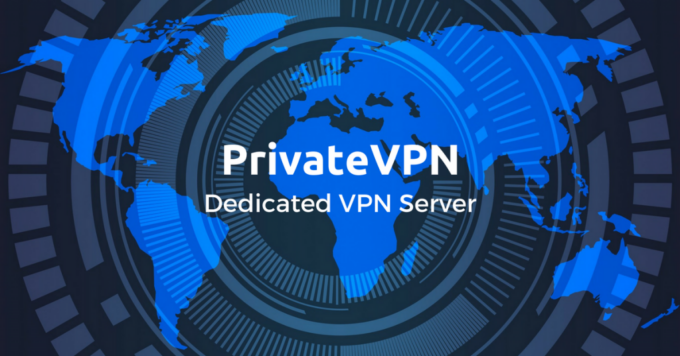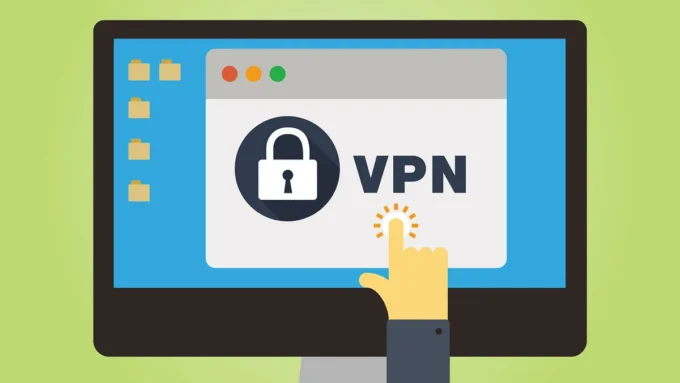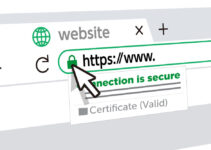We have all heard those advertisements over the Internet stating that we need to use a VPN to protect yourself against potential hackers, eavesdroppers and snoopers that could be spying on your online activities waiting to steal your sensitive and personal information with every click that you make.
As much as we want to be a simple marketing technique and cliche, the truth is that such issues are quite prevalent in today’s day and age. Technological development has made its stamp on the world and the introduction of new and innovative smart and cloud devices have just made the process of protecting your data and privacy that much harder.
However, some traditional providers, rather than helping you stay anonymous online, collect your data and then provide it to third-party companies in spite of saying that they do not log your activity, which poses the question – is utilizing a normal VPN service provider even worth it?
The fact of the matter is that everyone of us needs to not only protect our privacy but also have the ability to remain completely anonymous online if we choose. While there are still a number of strong and secure VPN providers out on the market, alternatives to the traditional services have also started to emerge such as the dedicated, private VPN servers.
Private VPN servers are not a new trend or craze that has recently popped up. As a matter of fact, they have existed for a long period of time. However, setting up such a server would cost an immense amount of technical knowledge and time delegation along with the necessary efforts that would be required to maintain it in the long run. These drawbacks alone were enough to deter most people from creating or getting a dedicated VPN server for themselves. But as time has passed service providers have picked up on this long lost trend and have begun bringing it back and making it not only affordable but also really easy to install and operate. But what exactly is a private VPN server?
How is a dedicated VPN server different?

Source: vpnoneclick.com
A private VPN server is a VPS server with an installed VPN protocol and client, allowing users to have their own personal VPN server situated at a given physical location somewhere around the globe. Having an independent server all to yourself means that you would not be required to share it with anyone else, consequently resulting in an increase in overall server speed allowing it to process requests faster.
Similar to traditional VPN services, a dedicated VPN server also enables you to mask your traffic and online activity by routing it through special VPN tunnels, encrypting the information along the way. However, with a private VPN server you have the ability to control the entirety of the process as you have the entire server, tunnel and client information stored in one single space and you the are only one who has access to that particular data in comparison to traditional VPN service providers which take care of and have information about the conducted routing.
When choosing a dedicated VPN server, there are several important factors to consider. Firstly, consider the location of the server and its proximity to your physical location, as this can affect latency and overall performance. Secondly, ensure that the server is capable of handling your expected traffic and bandwidth requirements. It’s also important to consider the level of customer support provided by the VPN service provider, as well as the security measures in place to protect your data and privacy. Additionally, look for providers that offer VPN service-friendly dedicated servers with flexible pricing plans, customizable configurations, a wide range of VPN protocols to choose from, and high bandwidth. The latter is quite important because if the server that is used to deliver VPN services features an internet network port with unmetered bandwidth, you’d save a lot of money on data transfer. You can get a clearer picture at https://www.hostcolor.com/dedicatedhosting/unmetered-servers.html.
What features make private VPN servers unique?

Source: howstuffworks.com
Another important and extremely important feature that we have to mention as an advantage to VPN servers is the fact that they provide you with your own dedicated IP address. Usually, traditional VPN service users utilize the same IP address worldwide depending on the location on the server, meaning that everyone uses the same instance to browse online. Because of this, if a couple of users decide to perform illegal or inappropriate actions through that IP while using the VPN, the IP itself could become permanently banned, resulting in restricted access.
With a private VPN server, you get a dedicated IP address that you are not required to share with anyone else and can have a free reign over your entire server, which again goes back to the idea that you have complete control over the instance.
Other advantages include the fact that some VPN server providers will also allow you to connect an unlimited number of devices to the server as long as you do not exceed your monthly bandwidth, which will be defined by the plan that you decide to go for. This is a feature that some traditional VPN providers do not support or cannot offer to their clients.
Furthermore, some companies that like to remain completely transparent like VPSBG, even provide access to source code behind their server implementations in order to reassure their customers that everything is in order and that their privacy and identity will be respected and protected at all times.
Not to mention the fact that they also accept Bitcoin and Litecoin payments for their dedicated VPN servers in order to further preserve their clients’ anonymity and privacy. Crypto-payments have also become prominent over the last couple of years and more and more companies are now beginning to implement them as an alternative transaction-making method.
Are there any disadvantages?

Source: vpnoverview.com
The only disadvantage of a dedicated VPN server is that it stands as a physical unit located in a specific country somewhere in the world. Traditional VPN services have servers that are situated all over the globe allowing you to switch between countries almost instantly which also grants you a wider selection of options to choose from especially when it comes to streamed media and content.
However, there are many countries from which you can choose from when it comes to selecting a dedicated VPN server. Remember that you are ultimately protecting your privacy and you should be willing to compromise with selecting one ideal location rather than risking your personal data when switching between multiple geographic locations.







